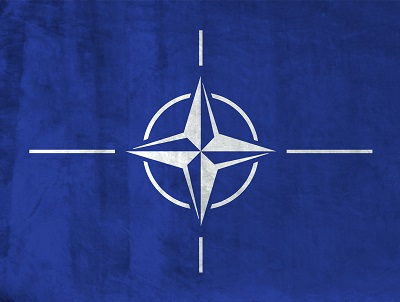A nation must think before it acts.
When Donald Trump assumes the office of the US presidency later this month, his powers as an administrator and convener will never be so tested as the leader of the free world. This is particularly true of foreign policy, where on the campaign trail Trump relished bucking bipartisan international relations orthodoxy. However, having now won the presidency, Trump’s quixotic foreign policy musings may be found ill-suited for the task of navigating an increasingly uncertain international environment, in which US power has been buffeted by relative decline and the rise of an assortment of potent state and non-state challengers to US interests.
Perhaps the most pressing matter will be managing US leadership in Europe, whose period of relative peace and prosperity in the post-1945 era – underwritten by US power – has underpinned the US’ international security and economic agenda for generations. Central to that endeavour is the health and maintenance of the North Atlantic Treaty Organization, which has functioned as a Euro-Atlantic guardian throughout the postwar period — and faces both crisis and indispensability in this age of uncertainty.
Trump’s heterodox views of what is arguably the most successful alliance in history has made most of the headlines, and rightfully so. His characterization of US obligations to Nato as somehow contingent on the “right” amount of spending by other alliance members is not well-attuned to the purpose and origins of the alliance. Of course, Trump is not the first to express frustration with lopsided contributions to defence within the alliance; current Defence Secretary Ashton Carter – and former secretaries Robert Gates, Leon Panetta, and Chuck Hagel – have all issued pleas to European allies to assume a greater share of continental defence, often to deaf ears. In some ways, Trump’s rhetoric, though wielding coarser terminology, might be regarded as a nationalism-infused extrapolation of these more genteel urgings from the current and past administrations.
However, Trump appears to have little sense of Nato’s history or purpose. As an ordinary citizen, he might be forgiven for his ignorance of the US’ most critical alliance, but as the future occupant of the highest office in the land, his misunderstanding of (and casual disdain for) Nato’s background is a matter of national security. Nato’s formation and development, contrary to some characterizations, is not some freebie subsidy lavished on decadent Europeans, but the result of painstaking and interests-based deliberations.




